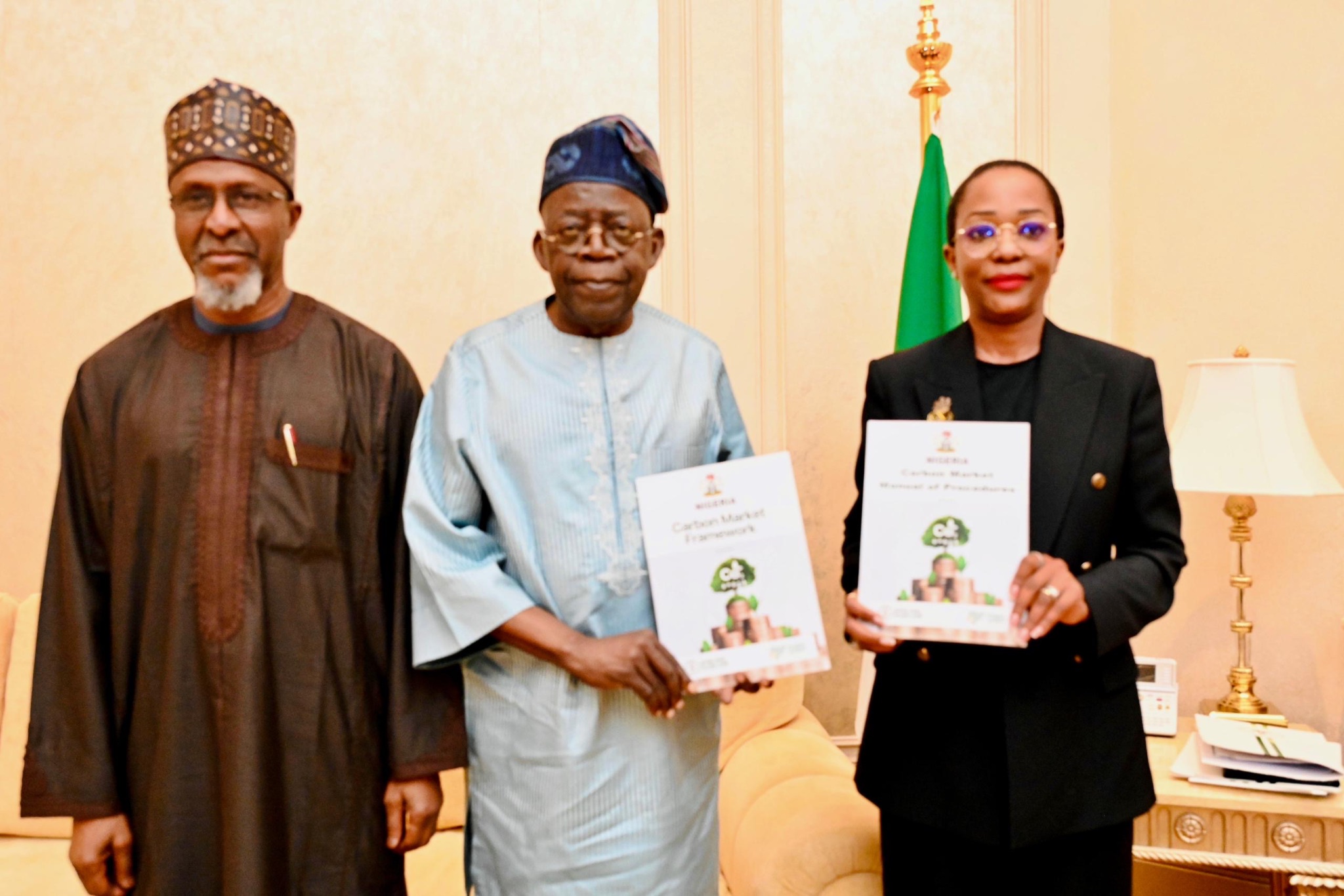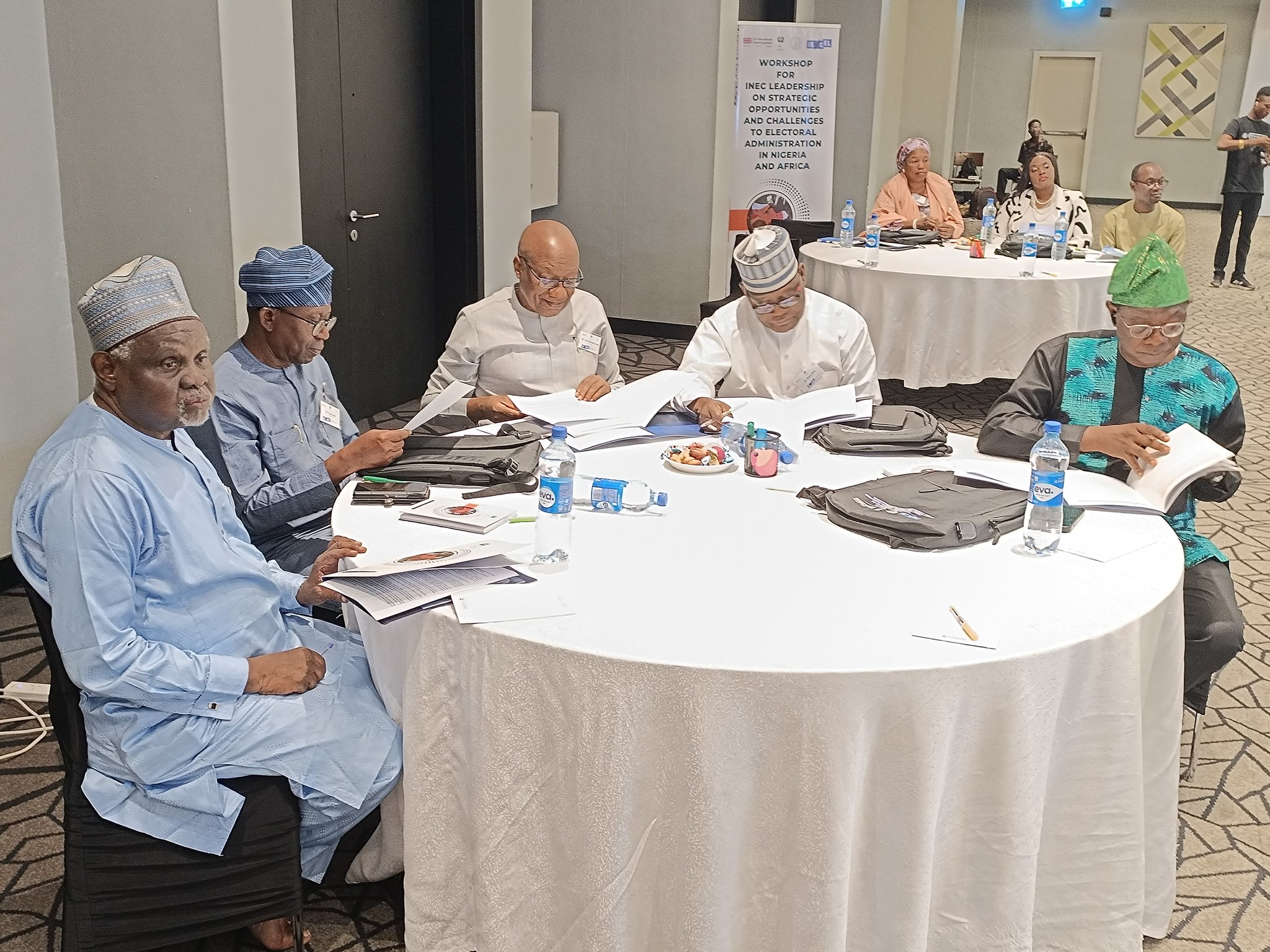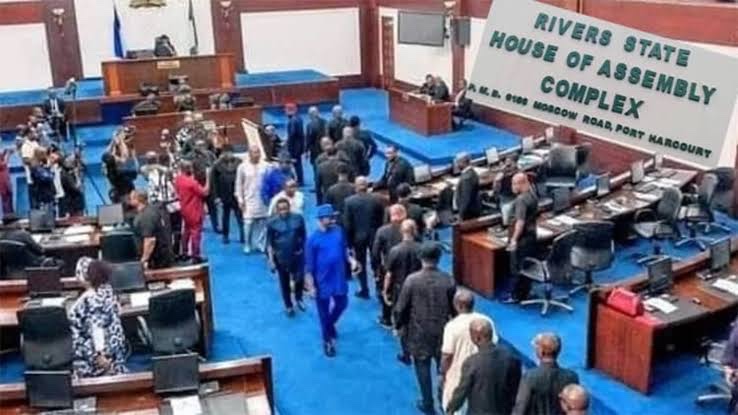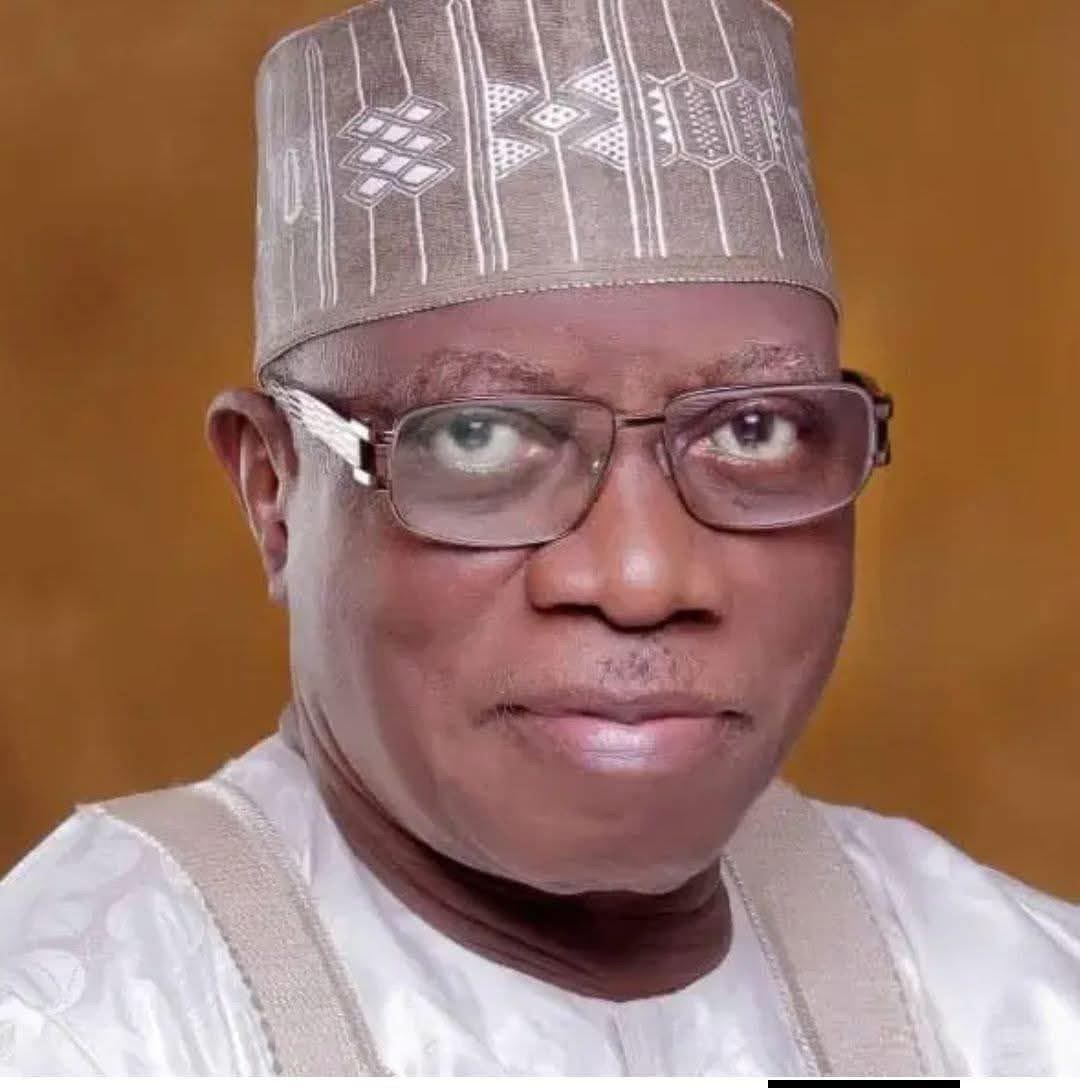

The National Youth President of Afenifere, Prince Eniola Ojajuni, has called for urgent action against the rising wave of kidnappings by armed herdsmen in Southwest Nigeria. Speaking at a press conference, Ojajuni recounted his harrowing 12-day abduction, describing it as a wake-up call for the government and security agencies to address the escalating insecurity in the region.
Details of the Abduction
Ojajuni revealed that he was ambushed on February 17, 2025, near Akunu Akoko in Ondo State while traveling to Abuja. Armed Fulani herdsmen, disguised in military uniforms, opened fire on his vehicle, hitting it with 19 bullets before abducting him and others.
“I was beaten 72 times daily and witnessed fellow captives, especially women, being brutally mistreated. The kidnappers were well-organized and heavily armed, wielding over 20 AK-47 rifles,” Ojajuni said.
During his captivity, Ojajuni suffered two gunshot wounds, one of which narrowly missed his spinal cord. He also described how the kidnappers used advanced technology to track victims and evade security forces, thoroughly searching his phone, blocking certain contacts, and monitoring social media to remain undetected.
Exposure of Bandit Camps
Ojajuni provided alarming details about the kidnappers’ operations, revealing that they have established 55 camps across the Southwest region: 27 in Ondo State, 16 in Ekiti, 7 in Osun, and 5 in Ogun. He emphasized that these camps serve as bases for planning and executing kidnappings, with the criminals using sophisticated methods to avoid detection.
He also recounted how his ransom payment had to be relocated from Ikare to Ibilo after the kidnappers detected security forces tracking them.
Call for Immediate Action
Ojajuni urged the Southwest Governors’ Forum to convene a security summit with youth representatives to address the crisis. He proposed establishing a Southwest Youth Security Network in collaboration with the Inspector General of Police and the Nigeria Forest Guards Team to enhance intelligence gathering, improve community surveillance, and ensure swift reporting of suspicious activities.
“I am ready to provide firsthand intelligence on these kidnappers’ operations, gained during my captivity, to help dismantle their networks,” Ojajuni declared.
Criticism of Government Inaction
Ojajuni criticized the Ondo State government for its inaction, warning that kidnappers openly plan to intensify abductions in Ondo and Lagos states.
“They revealed details of their operations along the Sagamu–Ijebu Ode Road weeks before my abduction. If urgent measures are not taken, more innocent lives will be at risk,” he cautioned.
Commendation and Call for Justice
Ojajuni commended the bravery of his fellow captives, including two women who suffered severe abuse and are still receiving medical treatment.
“Their suffering must not be in vain—it must be a catalyst for change,” he asserted.
He reiterated his call for immediate government action, including:
- Deploying additional security personnel to high-risk areas.
- Establishing more security checkpoints along highways and forest borders.
- Enhancing intelligence gathering and surveillance.
- Identifying and prosecuting collaborators aiding these criminals.
- Conducting security sweeps in forests across Ibilo, Edo, Ondo, Ogun, Osun, Ekiti, and Lagos.
While Ojajuni acknowledged the Inspector General of Police’s intelligence-driven rescue operation and the efforts of the Nigeria Forest Guards Team, he insisted that more should be done to protect citizens.
“Nigerians should not have to live under the constant threat of insecurity,” Ojajuni concluded. “We are resilient, but we must demand immediate solutions to end this reign of terror. Our leaders must be held accountable, and we must rise to defend our communities for a safer future.”
Background of the Kidnapping
SaharaReporters earlier reported that Ojajuni was kidnapped on February 17, 2025, with his abductors initially demanding N100 million in ransom. A voice recording obtained before his release revealed a tense conversation between his family and the kidnappers, who threatened to kill him within 48 hours if the ransom was not paid.
A source familiar with the situation revealed that N17 million was eventually raised to secure his freedom. Ojajuni’s wife personally delivered the ransom in Akure before his release. Despite repeated pleas, the Nigerian government provided no financial assistance, and security agencies were reportedly unable to track the kidnappers’ location until the ransom was paid.
“We heard nothing from the government despite repeated promises, and police efforts yielded no results. We had no choice but to raise the funds ourselves,” a source told SaharaReporters.
Conclusion
Prince Eniola Ojajuni’s harrowing experience in captivity and his revelations about the operations of kidnappers in Southwest Nigeria underscore the urgent need for decisive action to address the region’s security challenges. His call for a coordinated response involving government, security agencies, and local communities highlights the importance of collaboration in combating kidnapping and ensuring the safety of citizens.
As the government and security forces work to dismantle criminal networks, Ojajuni’s firsthand intelligence and advocacy will be crucial in shaping effective strategies to restore peace and security in the region.





















